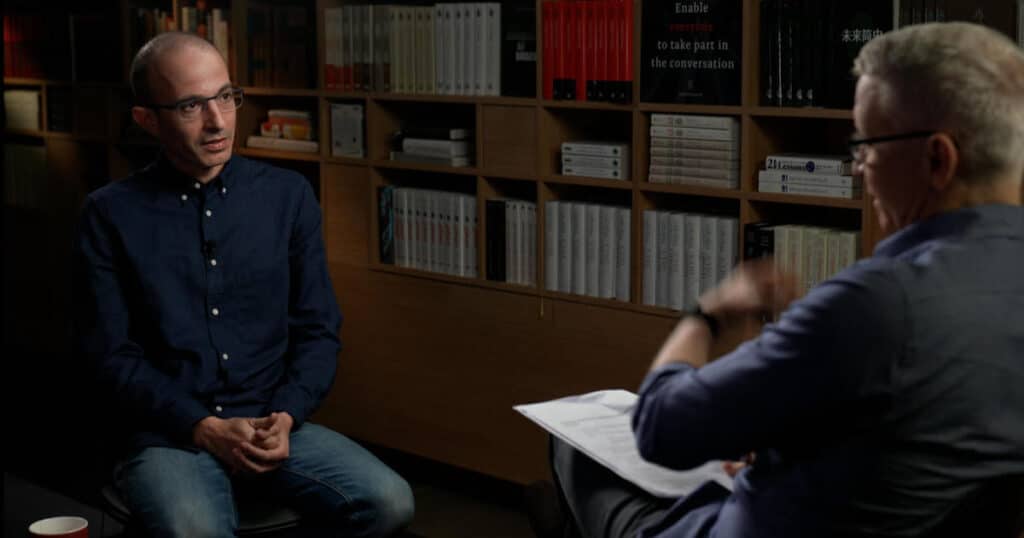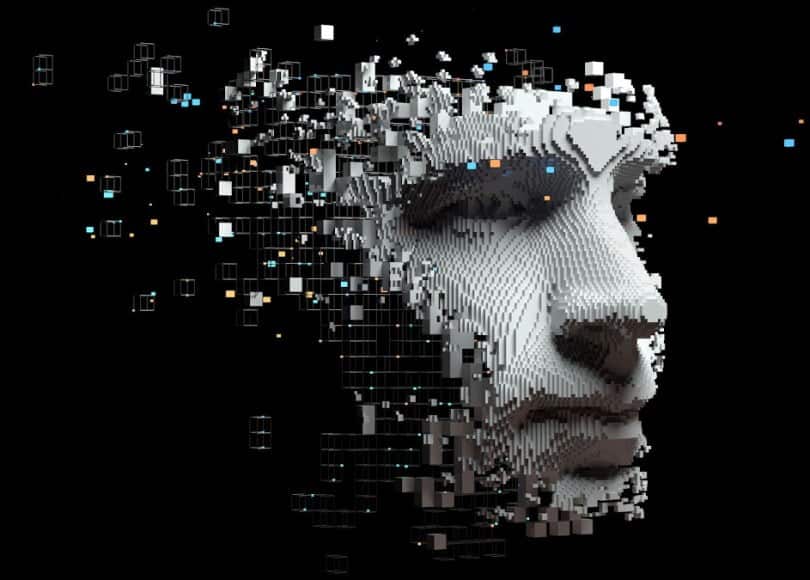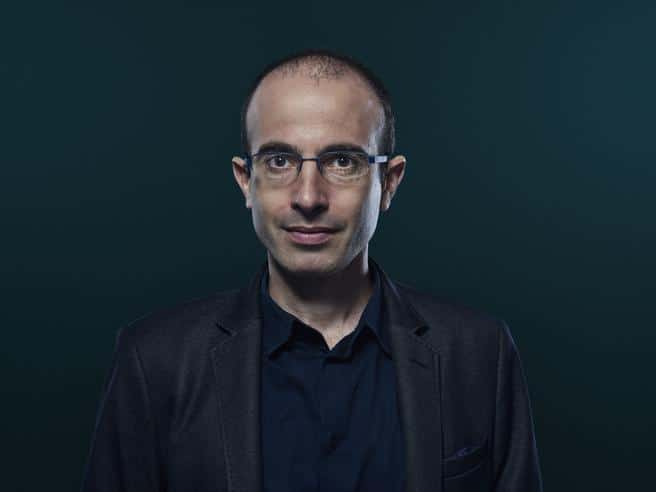From "Homo Deus: a brief history of the future" to "Sapiens, the birth of humanity" passing through "21 lessons for the XNUMXst Century“. There are three titles of as many bestsellers in which Yuval Harari, a world-famous social philosopher, masterfully does what I humbly try to do every day in small steps: to tell the wonder and risks of the future. And stimulate to create it, not to suffer it.
Today Yuval Harari has a very harsh warning for us, which goes along with what the former Google executive Mo Gawdat he did in early October. The substance of this warning? We need to start regulating AI, or big companies will be able to “hack” humans.
Hacking humans

Harari, like Gawdat, believes that the rapid growth of artificial intelligence could lead to a population of “hacked humans,” according to a report broadcast on US network CBS's “60 Minutes.” To address this problem, he calls on world leaders to start regulating artificial intelligence and data collection efforts by large companies.
Hacking a human being means knowing that person better than knowing himself. And based on that, manipulate yourself more and more.
Yuval Harari during the show “60 minutes”
Also for Yuval Harari the knot is always the same: the data
“Netflix tells us what to watch and Amazon tells us what to buy,” Yuval Harari says in the program. “Eventually within 10, 20, 30 years the algorithms could also tell you what to study in college, where to work, who to marry. Even who to vote for." At that point you won't even be able to talk about "hacking" a human being. It will be like remote control.
Harari urged nations to take the threat of powerful artificial intelligence seriously, suggesting that clear and strict stakes be in place to ensure that data is not used to manipulate the public. And to prevent this from happening, everyone's effort is needed.

“Certainly, we are now at the point where we need global cooperation. You cannot regulate the explosive power of artificial intelligence at the national level,” said Yuval Harari. He added that data should never be concentrated in one place. And he said it with a lapidary phrase: “This is the recipe for a dictatorship”.
Chilling but plausible prospect, especially now that some tech companies they try to convince users to somehow reject physical reality and embrace a virtual one of their own creation.
If you want to check out the interview, I link it here.


